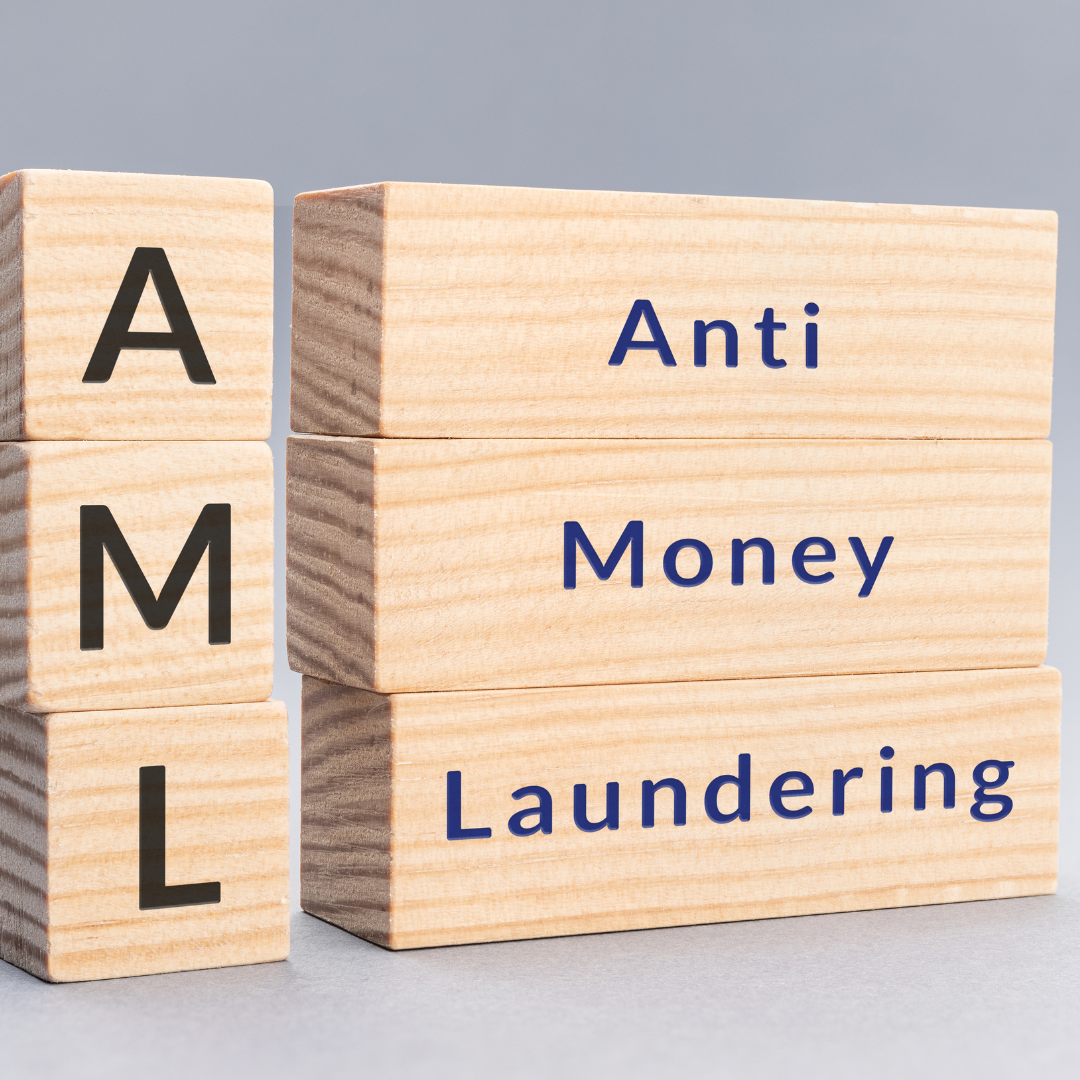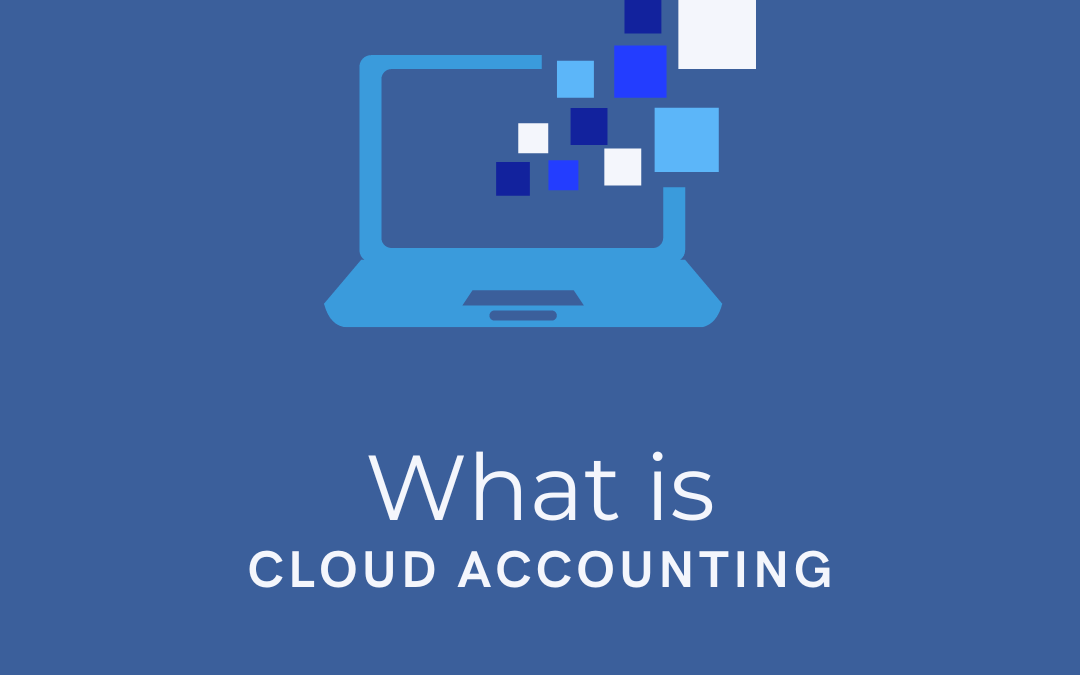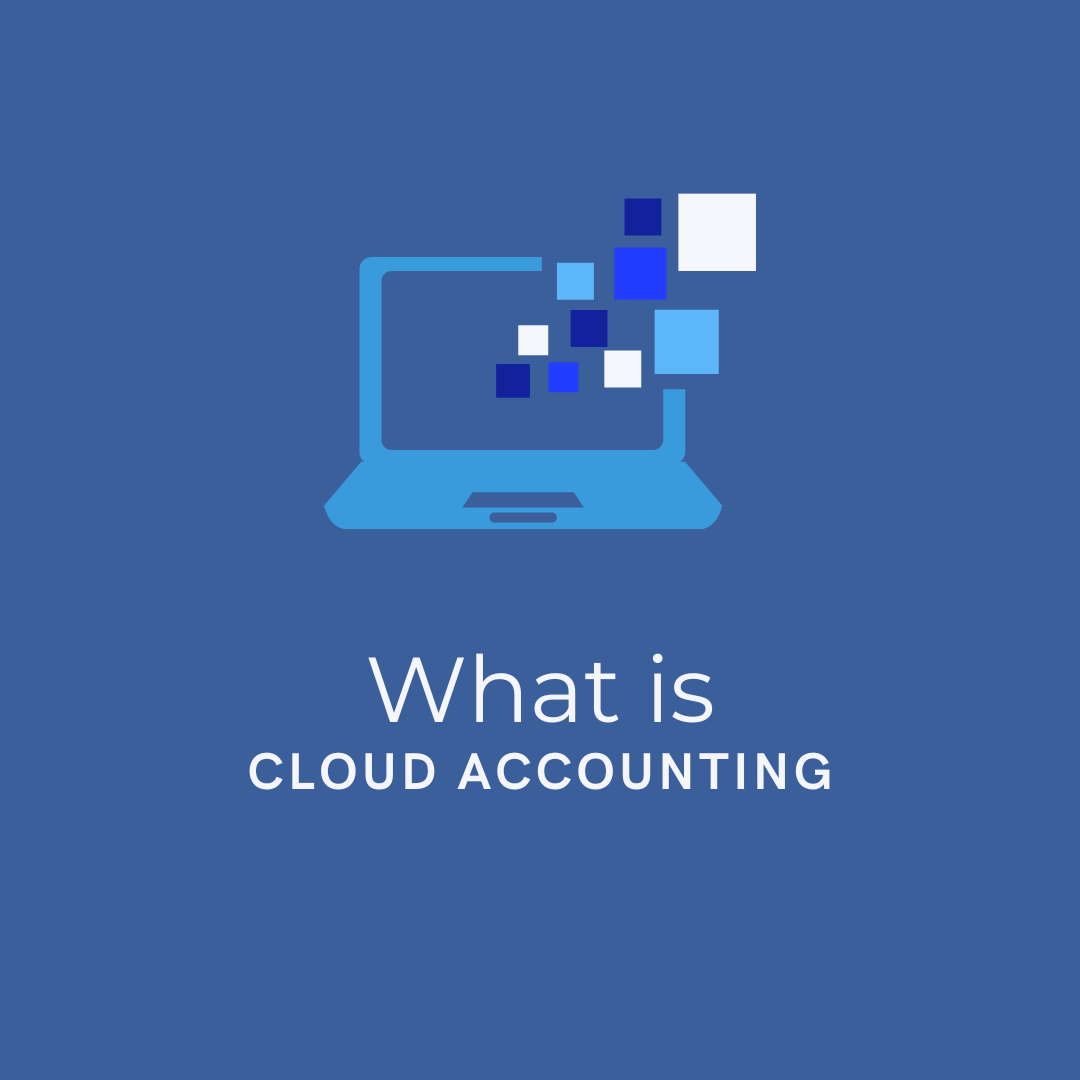
The benefits of outsourcing your payroll
The benefits of outsourcing your payroll

Running your own payroll? How confident are you that you have a handle on everything?
Now don’t get me wrong there is some great payroll software out there, 𝘽𝙐𝙏 would you recognise if something didn’t quite look right and know how to check it? It only takes one small mistake to drastically alter the outcome of someone’s wages.
No matter what your payroll frequency, there is a lot you need to consider.
- Checking for any tax code notifications.
- Check your employees are being paid the correct amount, not only for the work they have done but also for their age.
- Should any employees be in an auto enrolment pension scheme?
- Do you have an apprentice, their pay can be quite confusing, because the minimum apprenticeship wage is linked to their age and how long they have been an apprentice.
- Correctly calculating their starting / leaving pay.
- Calculate and record holiday entitlement.
- Understanding when to use a P45 or P46.
- And that is before you factor in statutory pay and leave payments, which to be honest, can get complicated.
Having done payroll for several years I know it doesn’t take much for even the most straight forward payroll to get a little complicated, especially if we have to start considering SSP, SMP or pension schemes!!
Your software is only as good as the information entered into it. I’m sure no one wants to end up inadvertently paying their employees incorrectly. If you’ve been struggling and unsure of anything payroll related, have you ever thought of outsourcing? Yes, there is a cost to outsourcing but what about the benefits?
- Time – have you ever worked out how much of your time is spent on payroll? Remember, your time is not free, could your time be better spent on your business, or would it offer you a little timeout?
- Stress – I do payroll for a living and sometimes even I get stressed, what about you? Dealing with HMRC whether it be tax or payroll can be stressful, it doesn’t have to be.
- Money – late payments, auto-enrolment failures, minimum wage non-compliance can all incur fines, but this can be avoided.
Outsourcing means you no longer have to worry about getting it right. A qualified payroll professional will ensure your payroll is processed correctly based on the information provided. They will take care of pay rate increases, pension opt in/opt out, statutory payments, holiday entitlement and act as your payroll agent with HMRC. This all helps to reduce the risk of errors and ensure compliance.
If this all sounds like a huge sigh of relief and you want to find out more, please get in touch.


ABOUT SUE
Sue Haynes is the founder of Cactus Bookkeeping and helps business owners
with all aspects of Bookkeeping to save them time so they can concentrate on running their
business. Sue is licensed, regulated and supported by the Institute of Certified Bookkeepers (ICB)











Recent Comments